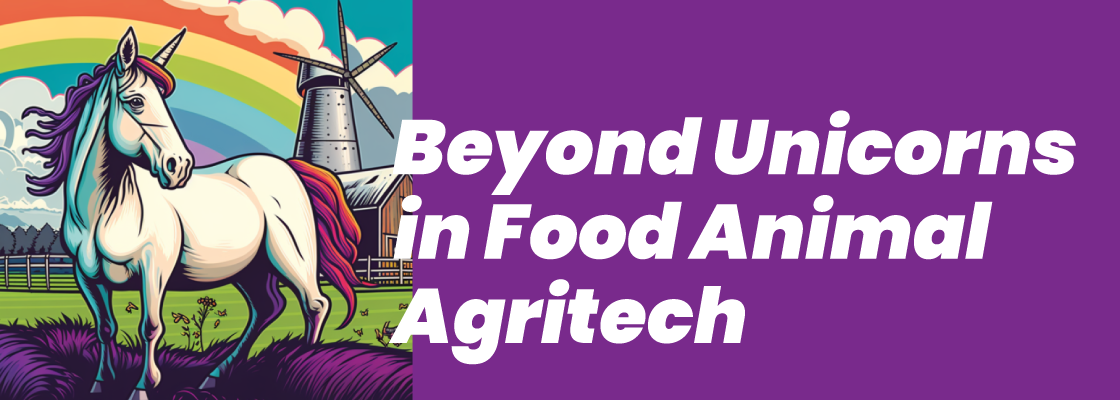The term “Unicorn” in the context of business originated in the United States in 2013 when venture capitalist Aileen Lee coined the term in an article for TechCrunch. Lee used the term to refer to private startup companies that had a valuation of over $1 billion and saw only about 0.07% of venture-backed startups were able to reach this milestone. The term quickly caught on, and “unicorn” has since become a widely recognized shorthand for high-growth, innovative startups with significant valuations.
A decade after the term “Unicorn,” was first coined, other terms have emerged for novel and unique businesses in the startup world; these include “Decacorn” which refers to a company with a valuation of at least $10 billion, while “super-unicorn” refers to a company with a valuation of at least $100 billion. “Gazelle” describes a company that is growing at a rapid pace, with revenue or employee growth rates of at least 20% per year. “Soonicorn” refers to a company that is expected to reach unicorn status in the near future but has not yet reached a $1 billion valuation. Finally, “Zebras” are companies that prioritize social responsibility, sustainability, and ethical practices over maximizing shareholder value. The term “zebra” is meant to contrast with the “unicorn” model of growth at all costs.
As we consider the next wave of food animal AgriTech businesses and the huge opportunity, in terms of value, as food animal agriculture digitizes at the farm level, we must consider rural viability, animal welfare, and food sustainability in the definition of novel and unique AgriTech businesses within a definition and term that should be applied. Therefore, we propose a new term: “Sustainacorn.”
In some contexts, the term “unicorn” may have negative connotations. Unicorns are often overvalued, with their worth inflated by investors seeking to get in on the ground floor of the next big thing. This can lead to a bubble, with valuations dropping sharply once the hype dies down. Additionally, many unicorns operate at a loss, focusing on growth and market share rather than profitability. This can be a risky strategy, as it relies on continued investor funding and can be unsustainable in the long run. Furthermore, some unicorns have been criticized for fostering toxic corporate cultures, with a focus on aggressive growth and disregard for employee and customer well-being. Finally, while disruption can be a positive force for innovation, it can also lead to the displacement of traditional industries and job loss. Some unicorns have been criticized for ignoring the potential negative impacts of their technology on established businesses and workers.
The proposed term “Sustainacorn” can be defined as a novel and progressive AgriTech business that is focused on sustainable and socially responsible practices while also demonstrating high-growth potential and innovation. To be categorized as a “Sustainacorn,” a business must prioritize animal welfare, environmental sustainability, and ethical practices in its operations. The company should also demonstrate a commitment to long-term viability and profitability, with an emphasis on balancing growth with social and environmental responsibility. Transparency of these core factors that allows verification to investors and markets is important in the model. Ultimately, the “Sustainacorn” model represents a new approach to AgriTech that values both innovation and sustainability, promoting a more responsible and ethical future for the industry and rural communities.
In conclusion, while “Unicorns” and other similar terms have been useful in describing novel and progressive businesses, they may not adequately reflect the values and needs of the food animal agriculture industry. The concept of the “Sustainacorn” presents an alternative model for AgriTech that prioritizes sustainability, ethical practices, and food animal welfare, which offer opportunity and success to farmers and rural communities.

